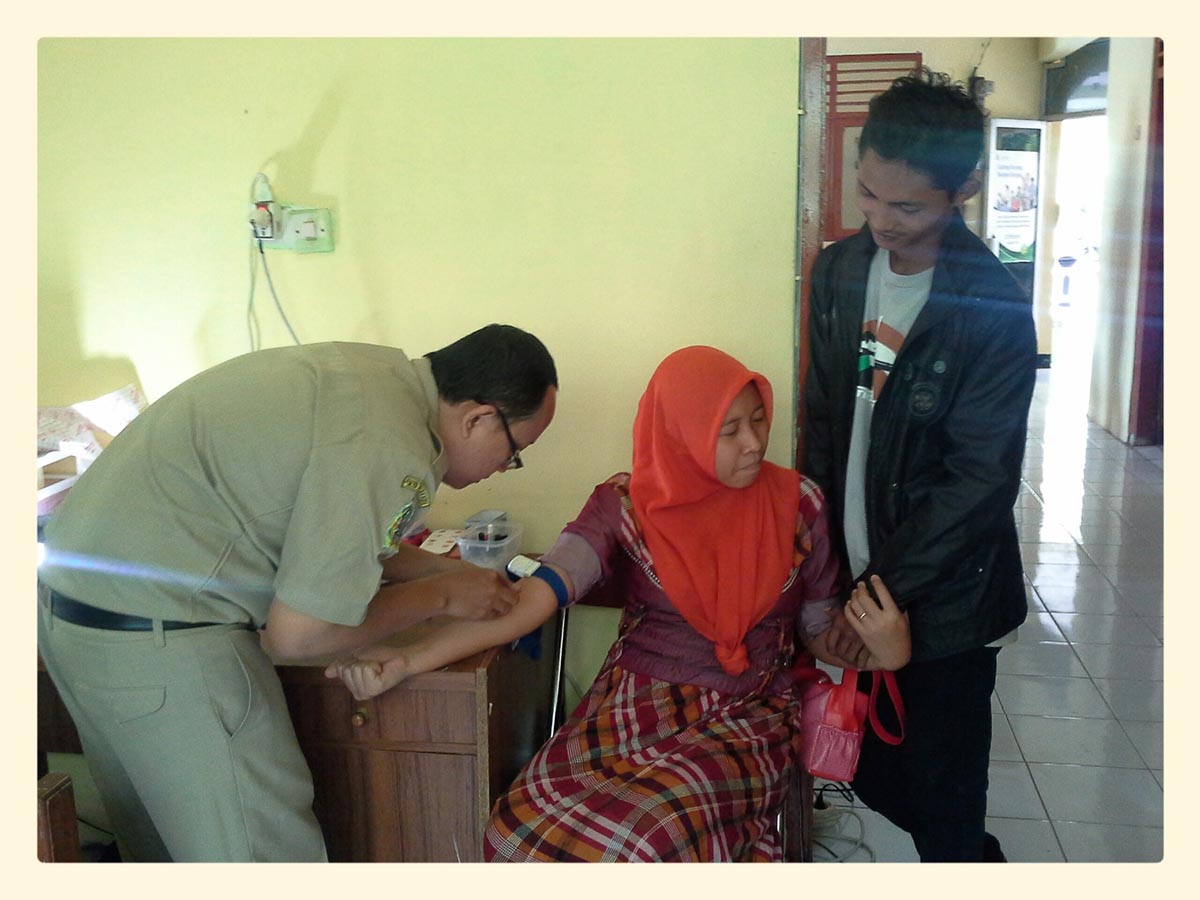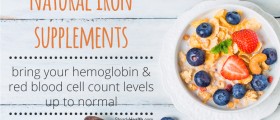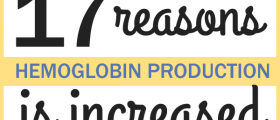
Pregnancy and Anemia
Anemia represents a lack of red blood cells. Proper number of these cells is essential in adequate supply with oxygen. Anemia may result from insufficient production of red blood cells or is caused by increased loss of blood and consequently red blood cells. Body needs sufficient amount of all the ingredients necessary for production of red blood cells including iron, vitamin B12 and folic acid.
Pregnant women are prone to anemia, since they require higher intake of iron and other vitamins. The production of red blood cells significantly increased and this occurs because baby needs to be well-supplied with oxygen and the necessary nutrients for proper growth and development. Increased production of red blood cells requires increased intake of iron, vitamin B12 and folic acid. If they are not taken in optimal amount a pregnant woman may develop anemia.
Causes of anemia in pregnant women include a diet low in iron, folic acid and vitamin B12. Women who are vegetarians are most affected since they do not eat red meat or any kind of meat which can provide with suitable amount of previously mentioned substances. Furthermore, pregnant women are more susceptible to certain conditions which may cause loss of blood. One of these conditions is piles. In women who are carrying twins or triplet anemia occurs more than in women pregnant with only one child.
Symptoms of Anemia during Pregnancy
Healthy pregnant women have no symptoms of anemia until hemoglobin drops below 8g/dL. Initial symptoms include tiredness and pallor of the skin. Additional symptoms are palpitations and in severe cases a woman may experience chest pain and headache. Low level of hemoglobin can be identified by routine blood tests.
Complications of Anemia during Pregnancy
There are several complications of anemia during pregnancy. They include breathing difficulty, palpitations and angina.
Prevention and Treatment for Anemia during Pregnancy
Well-balanced diet and certain vitamin and mineral supplements may be of great importance in prevention of this type of anemia. There are lots of foods rich in iron, vitamin B12 and folic acid. Still, many women are advised to take additional supplements even though they eat properly.
In women who develop anemia in later stages of pregnancy the doctor will administer vitamins and minerals. The doctor decides on the dosage of iron that is going to be administered. Iron tablets which are usually prescribed may cause some side effects such as constipation and diarrhea. Even increased intake of vitamin C can be of additional help since vitamin C helps in absorption of iron.

















Your thoughts on this
Loading...